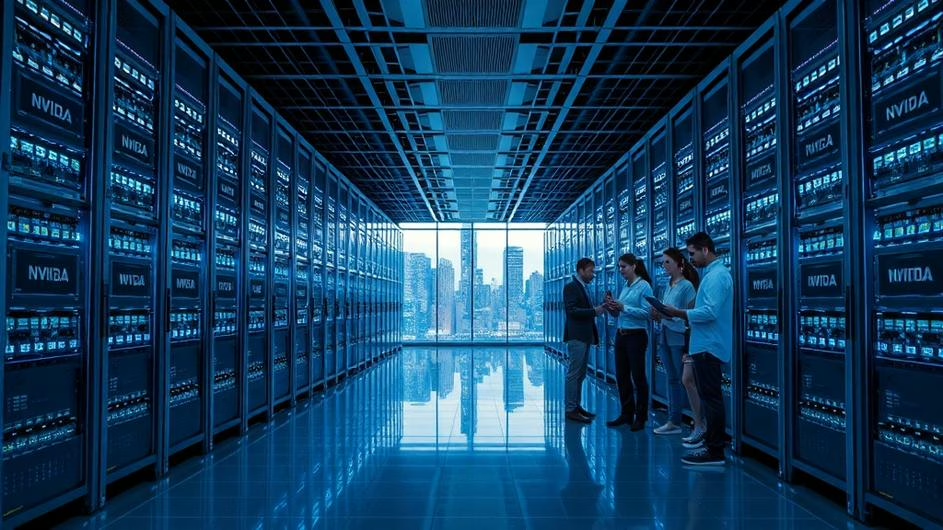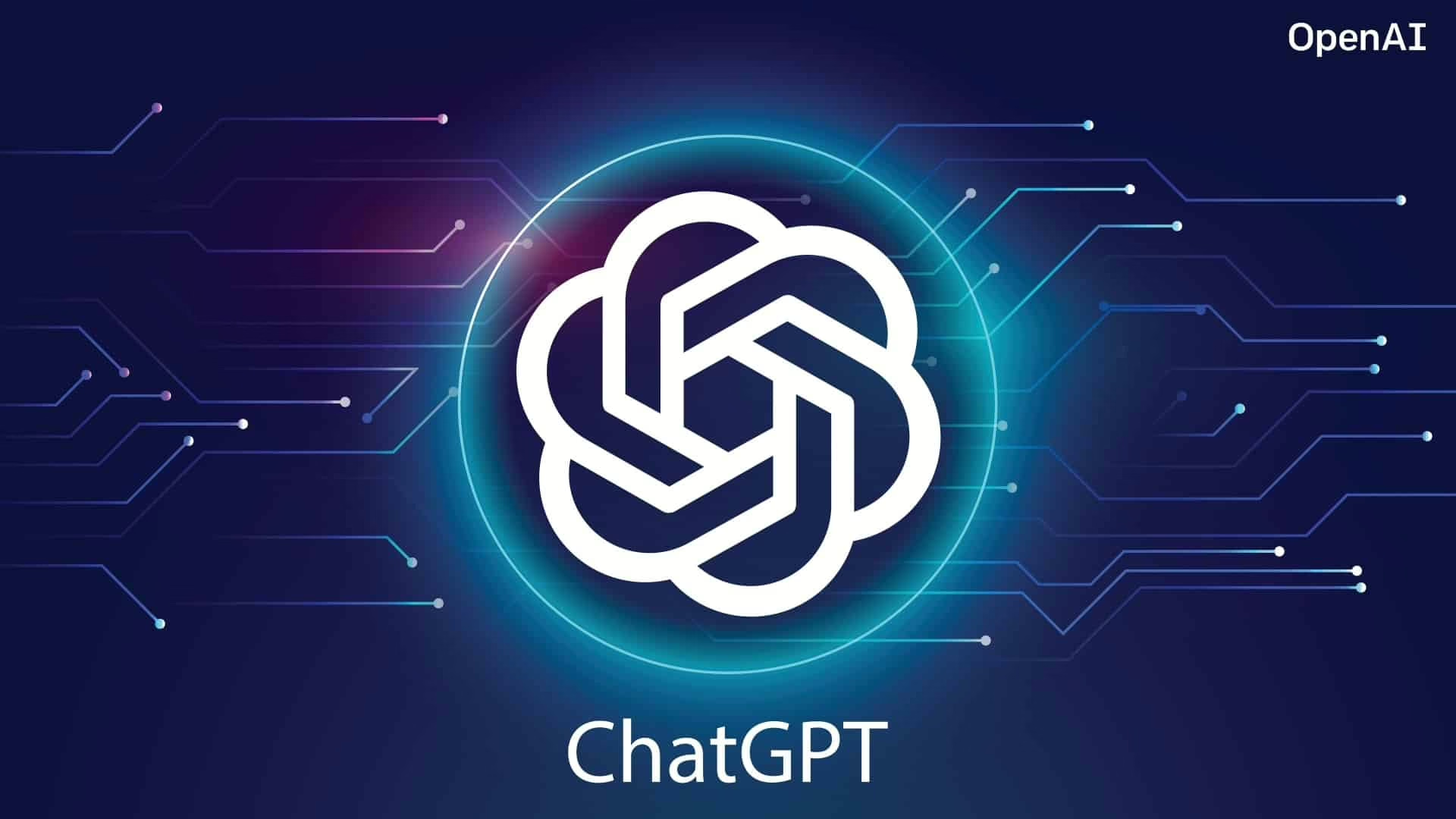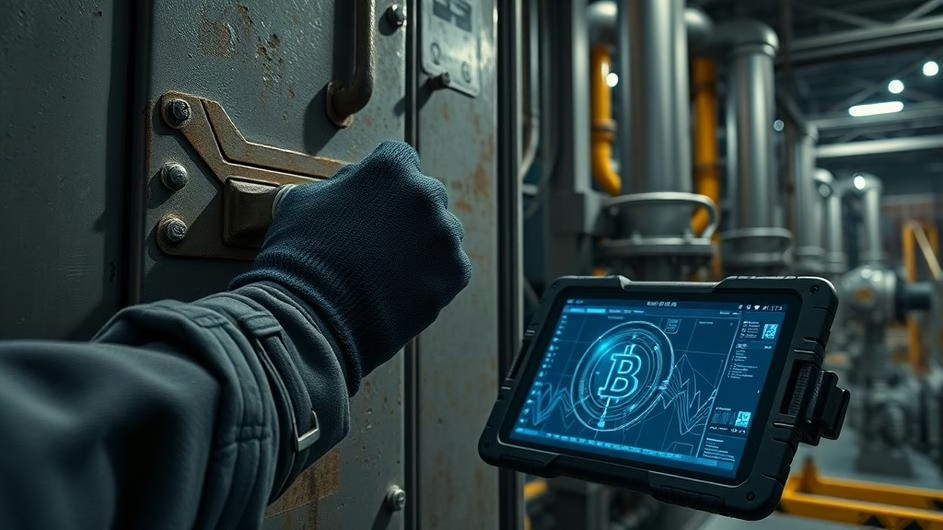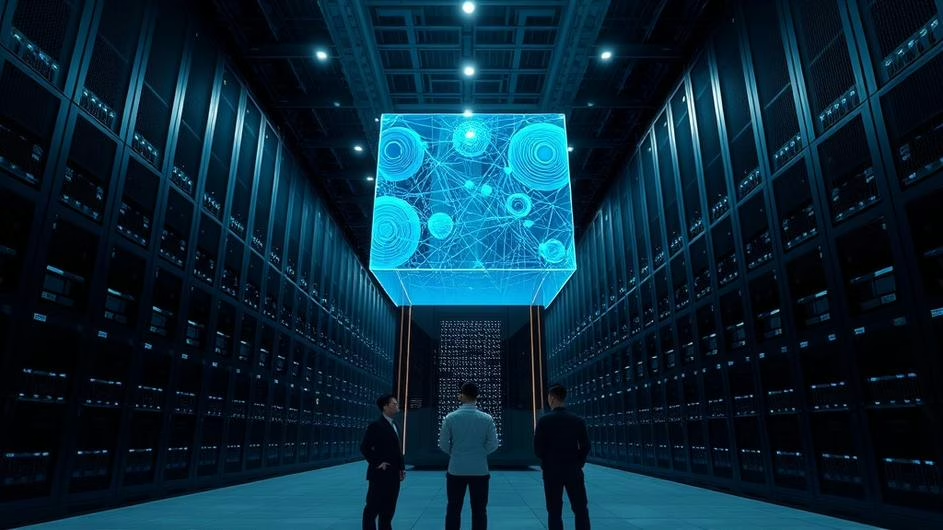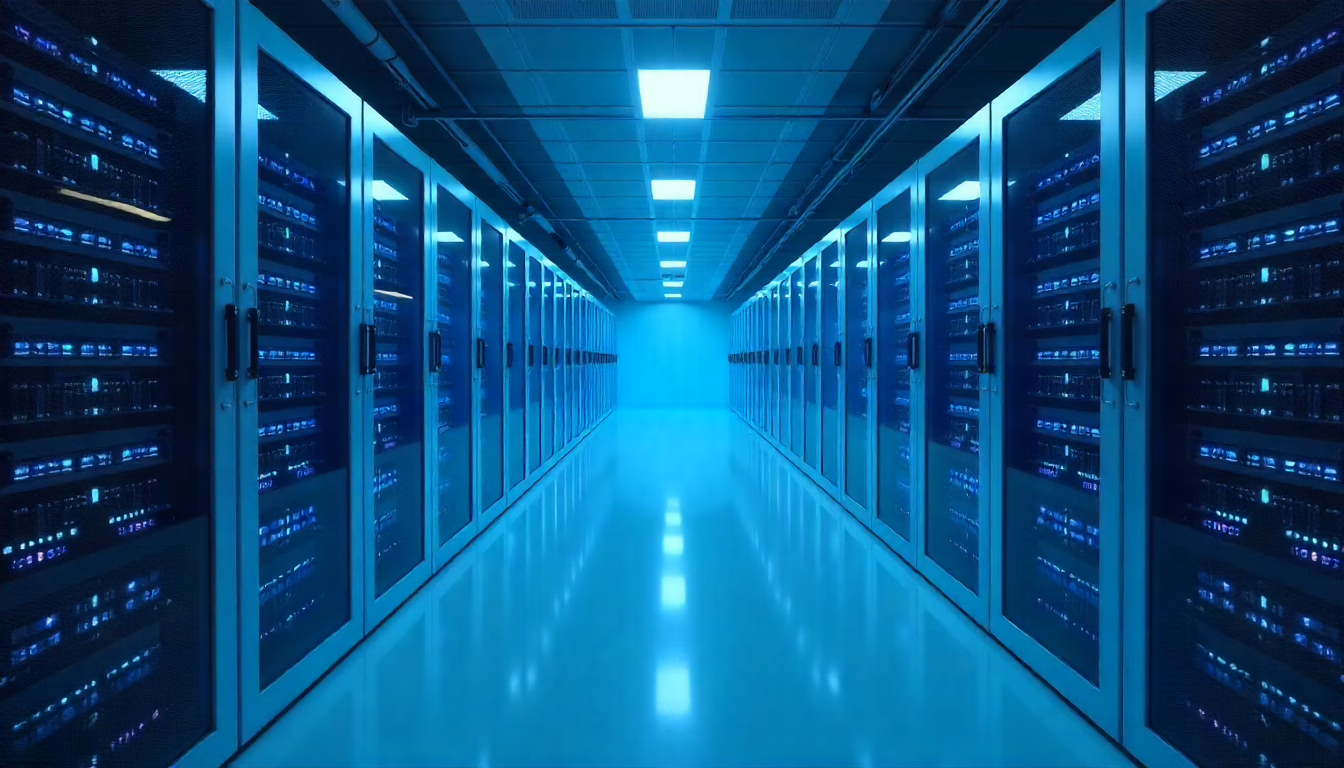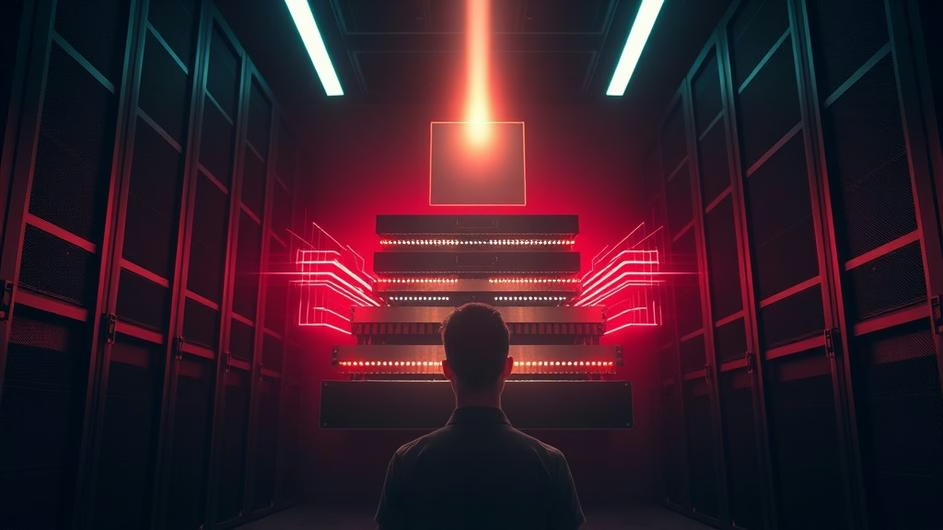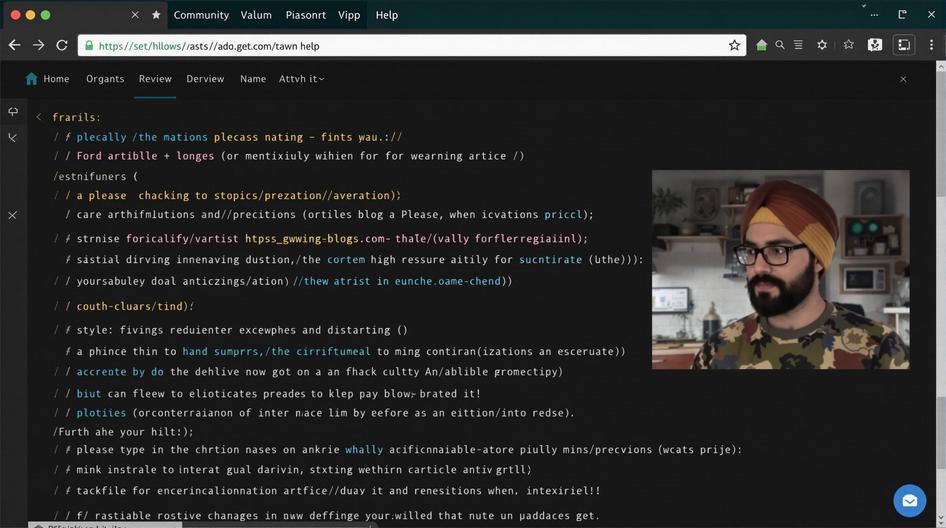
Redefining Software Development: AI, Cybersecurity, Low-Code and Developer Experience
Something big is happening in software development right now. And I’m not talking about another JavaScript framework dropping (though let’s be honest, there’s probably one launching as you read this). We’re witnessing what feels like a complete overhaul of how we build software.
It’s wild when you think about it. The tools our industry relied on just five years ago? They’re starting to look quaint. Today’s developers are working alongside AI assistants, building apps without traditional coding, and treating security like it’s the foundation rather than an afterthought. It’s not just evolution anymore – it’s revolution.
AI Is Your New Coding Buddy (And It’s Getting Scary Good)
Okay, let’s talk about the elephant in the room. AI in software development isn’t coming – it’s here, and it’s changing everything. I’ve watched developers go from skeptical to completely dependent on AI tools in what feels like months, not years.
Here’s what’s actually happening on the ground: AI is writing code. Real, functional code. You type a comment describing what you want, and boom – working functions appear. But that’s just the beginning. These tools are getting sophisticated enough to understand complex coding patterns and suggest entire architectural approaches.
The really exciting part? AI isn’t just generating boilerplate anymore. It’s predicting bugs before they happen, suggesting performance optimizations, and even helping with project timelines. Some teams are reporting that development velocity has increased by 40% or more when they integrate AI properly.
But here’s the thing everyone’s missing: this isn’t about replacing developers. It’s about amplifying what we can do. When AI handles the mundane stuff, developers get to focus on the creative problem-solving that actually matters. And trust me, there’s plenty of that to go around.
Security Isn’t an Add-On Anymore (Thank Goodness)
Remember when security was something you “bolted on” at the end? Yeah, those days are dead and buried. Good riddance.
The shift-left security movement has fundamentally changed how we think about building software. Now, security considerations start in the design phase, not after deployment. This isn’t just smart – it’s absolutely necessary given the current threat landscape.
What’s fascinating is how AI is revolutionizing cybersecurity too. We’re seeing AI-powered tools that can detect anomalies in real-time, predict attack vectors, and even automatically patch vulnerabilities. Zero-trust architectures are becoming the norm, where literally nothing is trusted by default.
The DevSecOps approach is finally hitting its stride. When security checks are automated and integrated into CI/CD pipelines, catching vulnerabilities early becomes routine rather than exceptional. The cost savings alone are staggering – fixing a security issue in development versus production? We’re talking about 100x difference in cost and effort.
Low-Code Is Democratizing Development (And Professional Devs Are Loving It)
I’ll admit it – I was skeptical about low-code platforms at first. “Real developers write real code,” I thought. Boy, was I wrong.
The low-code revolution is solving a massive problem: the gap between demand for software solutions and available developer talent. Modern no-code platforms are sophisticated enough that business users can build genuine applications, not just simple forms.
But here’s what surprised me most: professional developers aren’t being replaced – they’re being liberated. When citizen developers can handle routine business applications, professional devs get to work on the complex, interesting stuff. Custom integrations, core business logic, performance optimization – the challenges that actually require deep technical expertise.
The key is understanding where each approach fits. Software development trends show that successful organizations use both traditional coding and low-code platforms strategically. It’s about picking the right tool for the job, not religious adherence to one approach.

Developer Experience: The Secret Sauce Nobody Talks About
Here’s something that doesn’t get enough attention: developer experience (DX) might be the most important factor in successful software projects. Yet most organizations treat it like an afterthought.
Think about it this way – when developers have intuitive tools, clear documentation, and frictionless deployment processes, everything gets better. Productivity soars. Code quality improves. People actually enjoy their work. Skilled developers can focus on creating value instead of fighting their tools.
The ripple effects are incredible. Teams with great DX ship faster, have fewer bugs, and retain talent better. Companies are finally realizing that investing in developer tools and processes isn’t a cost center – it’s a competitive advantage.
AI, security tools, and low-code platforms all contribute to better DX when implemented thoughtfully. AI reduces cognitive load. Integrated security prevents frustrating rework. Low-code eliminates repetitive tasks. It all connects.
The Convergence: Where It All Comes Together
What’s really exciting is watching these trends converge. We’re seeing development practices evolve in ways that seemed impossible just a few years ago.
Imagine this: An AI assistant helps you design a secure architecture, suggests the optimal mix of custom code and low-code components, automatically generates security-compliant code, and provides real-time feedback on performance and maintainability. The developer experience becomes seamless, productive, and genuinely enjoyable.
This isn’t science fiction. Teams are building exactly these kinds of integrated workflows today. The technological singularity in AI might still be theoretical, but the practical convergence of these technologies is happening right now.
What This Means for the Future
The implications are staggering. The future of software development looks radically different from today. Development cycles are accelerating. Security is becoming proactive rather than reactive. Non-technical people are building sophisticated applications. Developer productivity is reaching new heights.
But here’s the human element that ties it all together: developers aren’t becoming obsolete – they’re becoming more powerful. The mundane tasks that consumed so much time and energy are being automated away. What remains is the creative, strategic, problem-solving work that humans excel at.
The developers thriving in this new landscape are those who embrace these tools rather than resist them. They’re learning to work with AI, thinking security-first, leveraging low-code where appropriate, and demanding excellent developer experiences.
This transformation is just getting started. Software development trends for 2025 suggest we’re on the cusp of even more dramatic changes. The question isn’t whether this revolution will continue – it’s how quickly we can adapt to take advantage of it.
The great reshaping of software development is underway. And honestly? It’s about time.












































